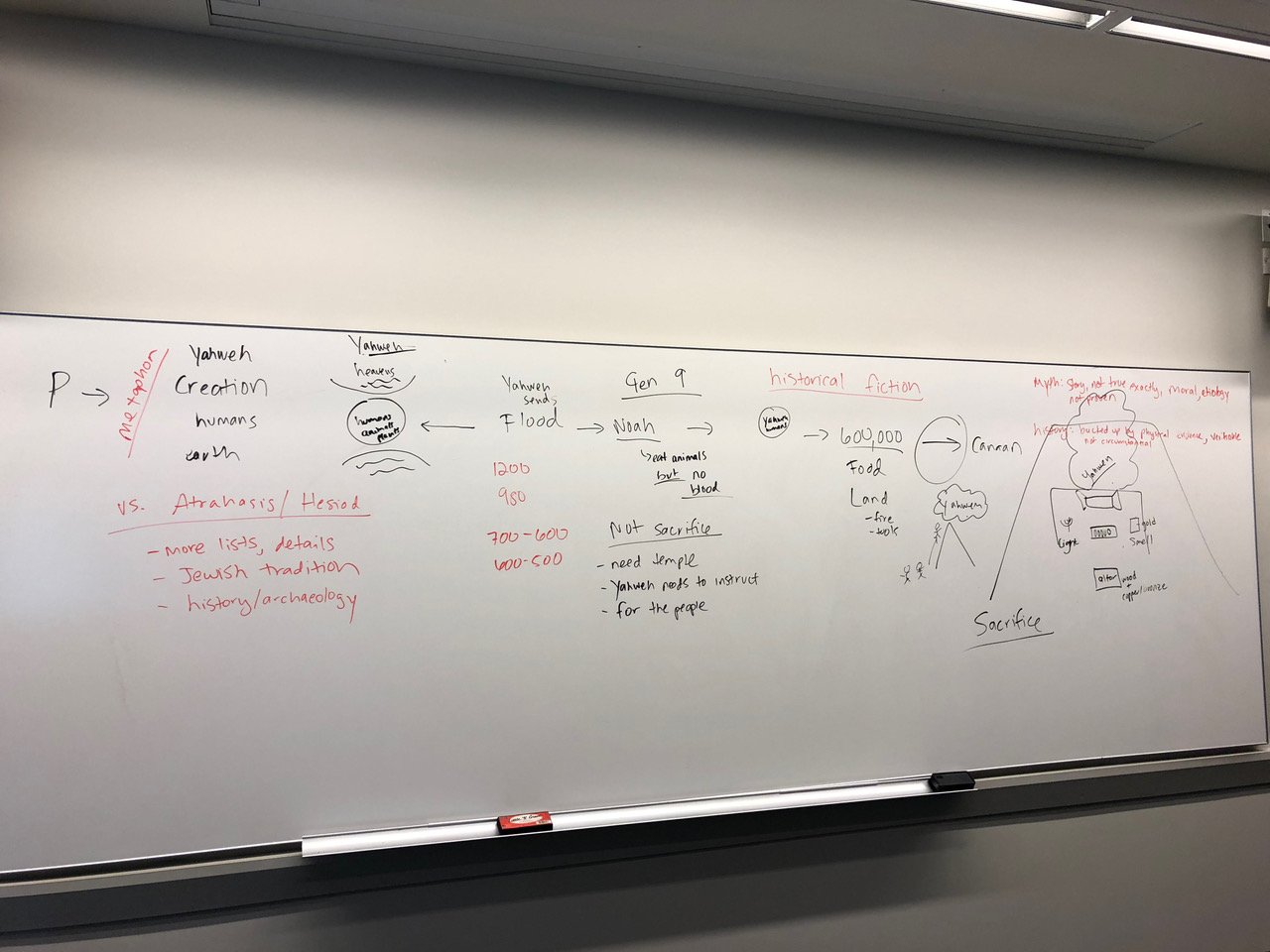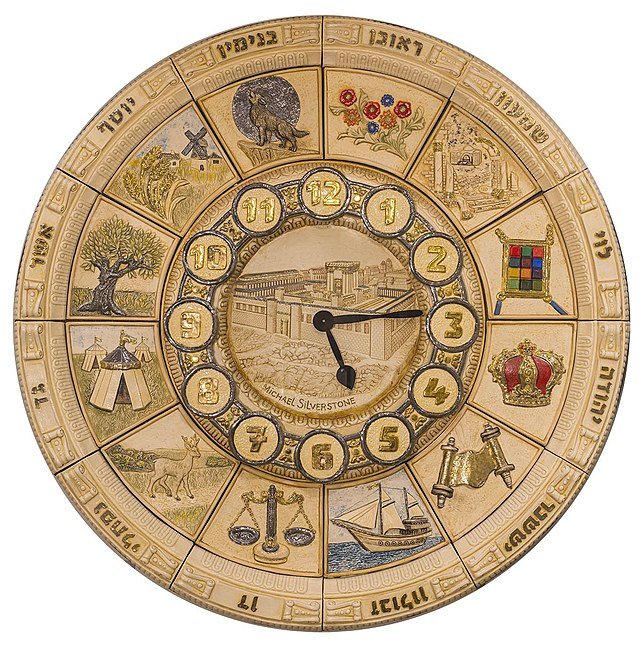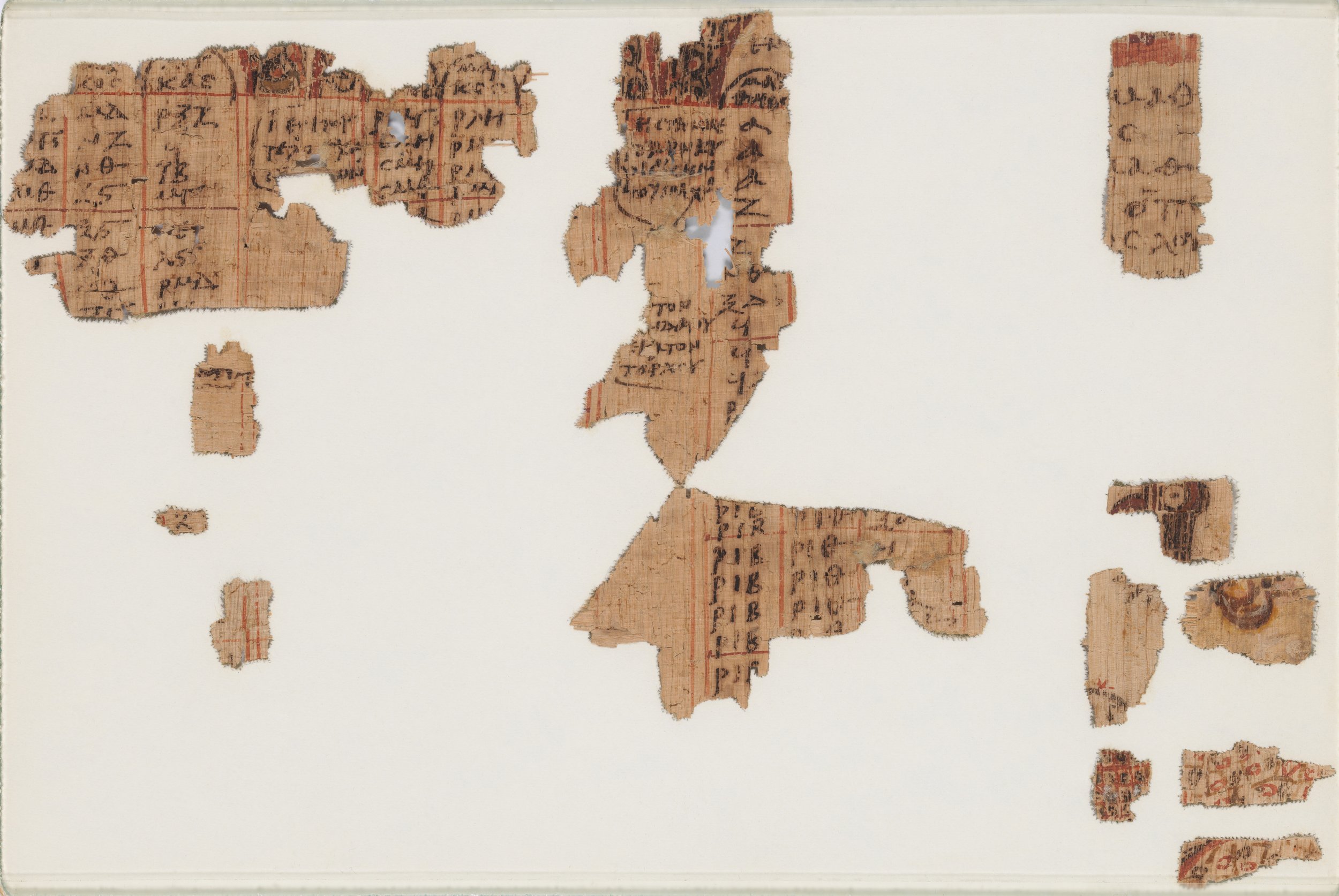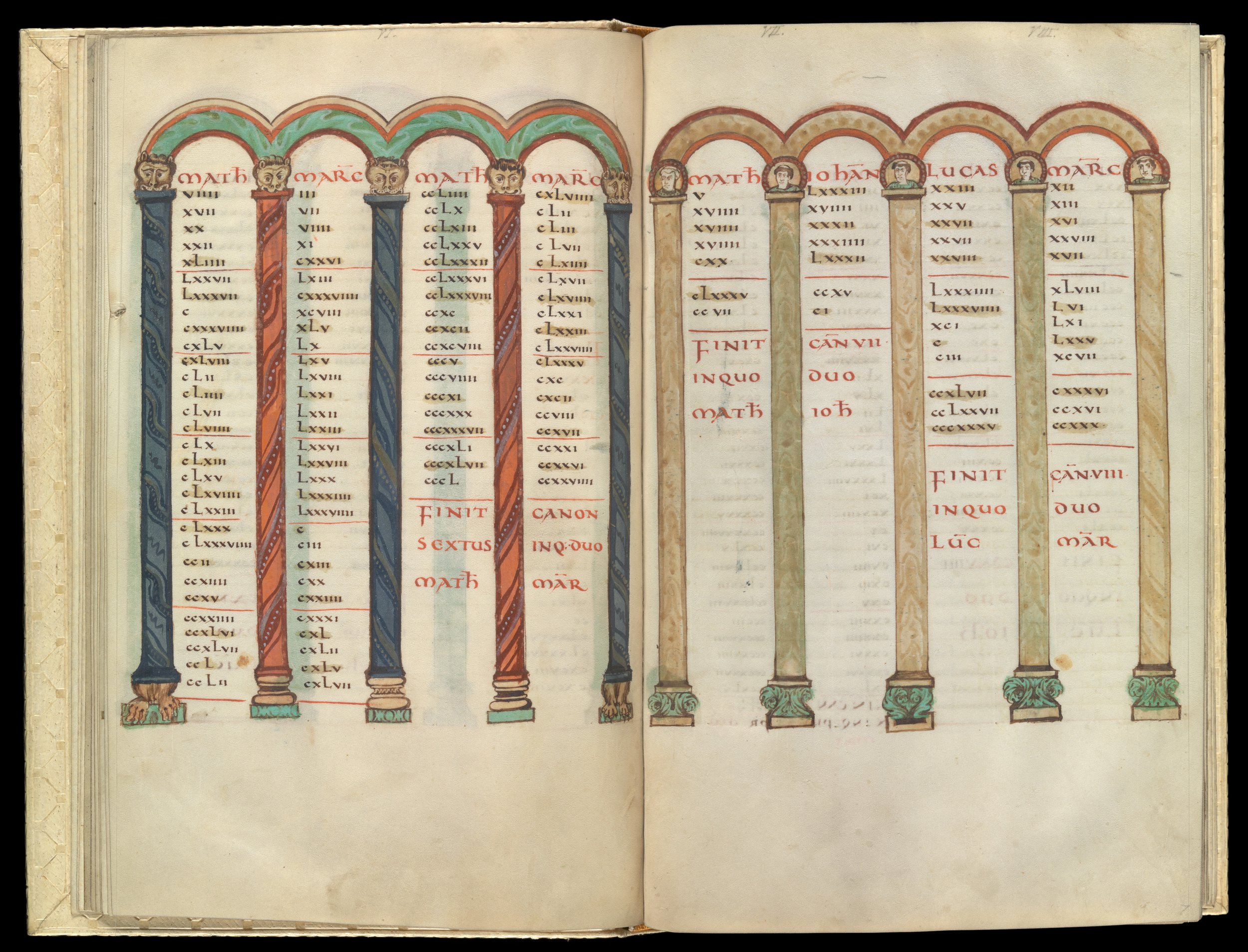The key concept which Van Maaren brings to the study of ancient Jewish ethnic identity is Andreas Wimmer’s approach of ethnic boundary making, outlined in Wimmer’s 2013 book. This approach gives less focus to the question of what makes an ethnicity, and more to how such attempts to create and define ethnicity are important.
Read MoreBackstage with Staging the Sacred
Fresco with a theatre mask and Nilotic scene, from the Temple of Isis at Pompeii (courtesy of Wikimedia commons)
Fresco with a theatre mask and Nilotic scene, from the Temple of Isis at Pompeii (courtesy of Wikimedia commons)
In some ways, Staging the Sacred proved a thoroughly disconcerting study. As I wrote it, I was continually reminded that the texts I have spent my career learning to read are, in practical terms, far removed from the actual phenomena I so wanted to study, the experience of the ancient synagogue. The texts resemble two-dimensional, frozen echoes from which I have tried to coax ghostly traces (perhaps illusions) of more dimensions. In the end, these poems—each a gem in its own way, a stone in the gorgeous mosaic of late antique hymnody—yielded up more insight than I might have thought they would.
Read MoreTransing the Talmud or Reading the Talmud "Badly"
Max Strassfeld introduces the methodological interventions of Trans Talmud (UC Press, 2023).
Read MoreDead Words and Haunting Melody: Unexpected Influences with Seth Sanders
Seth Sanders shares how music, and in particular Yom Kippur liturgy, inspired his thinking about ancient texts.
Read MoreAJR Conversations | Writing about Demons
AJR Conversations | Trauma Theory, Trauma Story
Michelangelo, Ezekiel (1508-1512). Image courtesy of Wikimedia Commons.
Michelangelo, Ezekiel (1508-1512). Image courtesy of Wikimedia Commons.
What I tried to do is carry out trauma’s movement and plurisignifcation—its constant intertextual attaching onto thing after thing after thing—by adding layer upon layer of intertextual exegetical examination, sometimes (often times?) without spending too much time in any one place.
Read MoreDisplaying The Literary Artistry of P
Liane Feldman explores the process of developing her edition of P in The Consuming Fire (UC Press, 2023).
Read MoreRereading Reading Renunciation
How I Give Oral Finals
“I want to resist the impulse to see my students as numerical marks to be ranked against each other. Instead, I encourage their individuality, unique ways of seeing the world, and habits of thought to become partners in the evaluation process.”
Read MoreA Brief History of the Hebrew Israelites
A sculpted ceramic clock, by Michael Silverstone, depicting emblems of the twelve tribes of Israel surrounding a reconstruction of the Temple. Image courtesy of Wikimedia commons.
A sculpted ceramic clock, by Michael Silverstone, depicting emblems of the twelve tribes of Israel surrounding a reconstruction of the Temple. Image courtesy of Wikimedia commons.
You may not know it, but you live in a world full of Israels. If there aren’t groups claiming descent from the ancient Israelites on every continent, it is only for this reason – that Antarctica isn’t trying hard enough. And strange as it may seem at first blush, it really makes a lot of sense.
Read MoreMonopoly and Biblical Studies
As historical-critical scholars, we need to realize that we cannot be absolutely sure of our conclusions, and that like any discipline, they may change over time as the result of new evidence or new hypotheses that better explain old evidence...Yet—I know how uncomfortable these methods make many students from religious backgrounds. For that reason, in the very first class I introduce an image of a Monopoly board, and explain that my class is like the game of Monopoly.
Read MorePoetic Geography: Reading Eusebius’ Fourfold Gospel
Reading over Eusebius’s shoulder affords an opportunity to rethink what we are doing as Gospel readers.
Read MoreSimilar Things: Reflections On Eusebius The Evangelist
By naming Eusebius as an “evangelist,” however, Coogan asks scholars to take a further step and acknowledge that writing and reading are always already pre-determined by prior commitments and categories.
Read MoreEusebius, the Evangelist, and the Rabbinic Mapping of Knowledge
These paratextual tools, he shows, enabled the many excerpting, reorganizing, and compiling projects of late antiquity, the very literary features, in fact, that earned the period the reputation of intellectual decline in modern assessments.
Read MoreEchoes of Eusebius in Syriac
With Eusebius the Evangelist, Professor Jeremiah Coogan offers a vivid and illuminating portrayal of the Eusebian apparatus and its manifold afterlives.
Read MoreFive Initial Thoughts on Eusebius the Evangelist
While not based on a close study of a select group of manuscripts, Eusebius the Evangelist often centers the materiality of the text in its analysis, and encourages the reader to experiment with the Canons—easier said than done, of course, if one doesn’t have an ancient manuscript in one’s hands, but it’s possible to do makeshift experiments nonetheless.
Read MoreEusebius the Evangelist: Introduction
To the end of highlighting the far-reaching significance of the book, we have gathered a group of scholars who, while all working on late antiquity, specialize in a diversity of materials and languages.
Read MoreRabbis and the Reproduction of Species
Rafael Rachel Neis, Figures of Speech, pen and ink on paper, 11 in. x 17 in., 2020
Rafael Rachel Neis, Figures of Speech, pen and ink on paper, 11 in. x 17 in., 2020
“If we abide by these insights in our encounter with ancient sources, we find a (surprisingly?) queer world in which a human gives birth to a raven, a cow delivers a camel, mud generates mice, and fire begets the salamander.”
Read More"They Shall Teach Your Statues to Jacob": Priests, Scribes, and Sages in Second Temple Times
Dr. Steven D. Fraade wrote this article while on sabbatical in 1988. It was accepted for publication soon after, but the journal wanted substantial cuts due to the space constraints at the time. AJR is pleased to give this article a permanent home and hope it will inspire future work on this important subject.
Read MoreHow the Rabbis Taught the Jews (Not) to Read the Bible
Rebecca Sharbach Wollenberg introduces her new monograph, The Closed Book (Princeton, 2023).
Read More

















